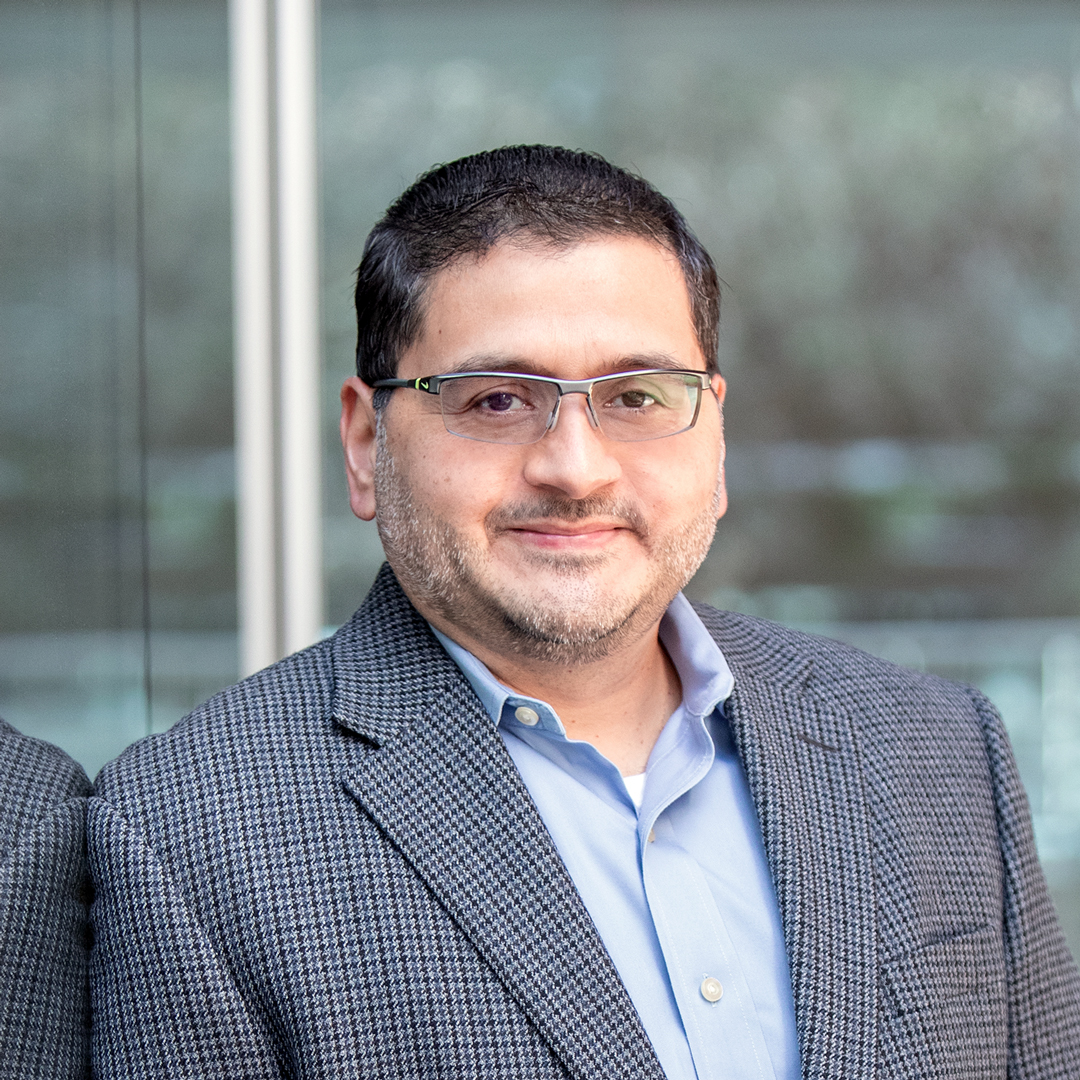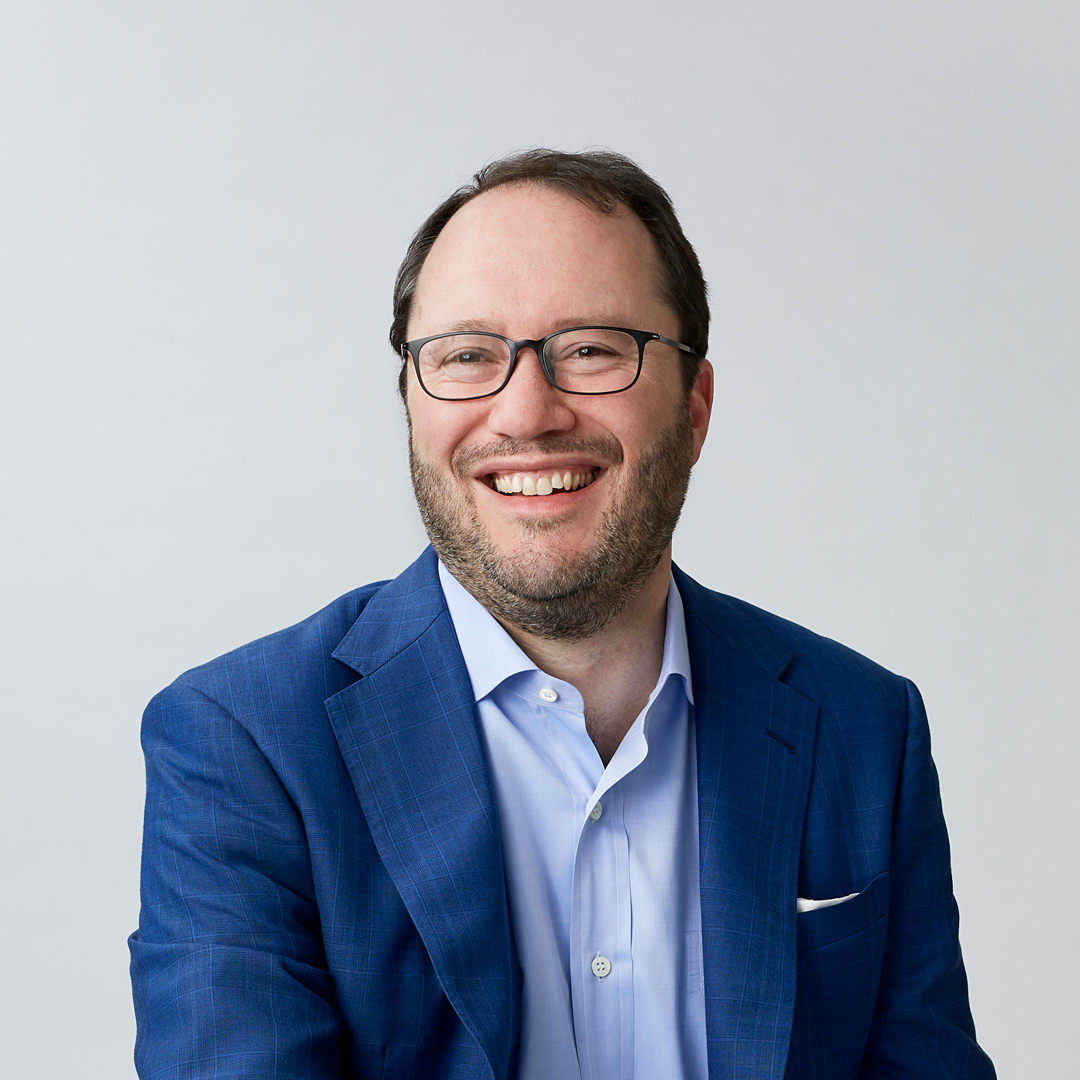|
Getting your Trinity Audio player ready...
|
“My father always emphasized the importance of getting an education,” recalls Nicolás José Muñiz Arias. “That’s an asset that no government can take away, and it’s valuable for the rest of one’s career.”
Muñiz’ parents were forced into exile from Cuba in 1961, shortly after the rise of Fidel Castro. With no money and no assets (other than his education), his father had to restart his career in economics and accounting twice—first in Spain, then in the United States.

Photo: NYHEADSHOTS
Ever since, Muñiz has harvested more education than most. He attended medical school, then decided to change course and earned an MBA; however, he again (as with medical school) found he had little passion for the career pathways it opened to him. His mother suggested law school, pointing out his affinities for reading and writing. With law, something in him “clicked,” he says. After earning his JD, he found his way to his current specialty in international tax law, also earning a master’s degree at the Leiden University’s law school in the Netherlands. “The law constantly changes—that’s what fulfilled me, versus medical school or the MBA. I took a course in law during my MBA and I eventually leaned into that: the constant challenge,” he explains.
As WPP’s vice president and tax counsel for Latin America, Muñiz is the company’s primary resource on tax consulting and compliance matters throughout the region. WPP is a multinational holding company, managing a vast network of creative communications agencies across 112 countries. Headquartered in London, the agency began as a manufacturer of wire shopping baskets—WPP once stood for Wire and Plastic Products. Over the past thirty-five years, the company has continued to grow through mergers and acquisitions, as well as organically, keeping the ”constant challenge” alive for Muñiz.
When there are mergers, acquisitions, and liquidations, Muñiz crafts the strategic approach to reduce the company´s tax burden, in compliance with local laws. That means he starts each day with a general idea of what’s to come, and that picture always evolves as challenges emerge.
Two skill sets make Muñiz an indispensable resource: his cultural and language skills, and his broad technical knowledge of the tax laws throughout the region. He speaks and writes Spanish and is learning Portuguese (“I need to brush up—I’m not fluent yet, but I can read and understand it,” he laughs). The relevant local laws are written in those languages; his local contacts often offer to translate, but he prefers to conduct business in the local language. It saves resources, keeps the processes moving, and, more importantly, he can ascertain the purpose of the law by carefully reviewing it as drafted in the original language.
Keeping things moving is important in Muñiz’ role, as his initiatives often have a timer—usually prior to year-end to monitor the tax impact. Having lived in Mexico and worked in Latin America since 1994, he can get up to speed and act quickly on new projects. “A lot of processes simply aren’t the same. With the United States’ corporate law, things can move a lot faster; it’s a lot less bureaucratic,” Muñiz says. “Transactions in Latin America generally take longer, often many months, mainly due to necessary filings and registrations. It can be hard to understand, but it’s an entirely different system, perhaps too formalistic for practitioners located in common law jurisdictions. Patience is essential to handle corporate and tax matters in Latin America.” That’s changing, he points out, as some local laws now permit investors in corporate entities with only one shareholder (as it is in the United States).
Laws evolve with political administrations and budgetary concerns, so Muñiz’ knowledge base is constantly growing and shifting. Key to his success has been his ability to recognize patterns; changes in corporate law in one country often foreshadow similar changes in another. For example, he says, countries are cutting corporate income tax rates while raising dividend tax rates. Knowing that, he can make strategic adjustments across WPP’s regional operations.
“I constantly have to be up-to-date on tax laws and regulations that can impact our company’s operations,” he says. “A lot of the time, new levies are hastily enacted by local governments to raise revenues, such as taxes that will affect cross-border payments. It’s my duty to plan accordingly; and if I need more information to better understand the ramifications, I work with local counsel.”
“We may be combining one line of business with another, under a new name—but we’re not dealing necessarily with a straightforward legal merger of just two entities. Instead we could be dealing with seven or eight entities with minority shareholders. That’s not so easy.”
Over the years, WPP made a number of acquisitions worldwide, so in Latin America the company is consolidating business units where appropriate. That creates a number of complex challenges for Muñiz.
“For commercial reasons, we may be combining one line of business with another, under a new name—but we’re not dealing necessarily with a straightforward legal merger of just two entities,” he explains. “Instead we could be dealing with seven or eight different entities with minority shareholders. That’s not so easy.”
The main challenge is to find the right destinations for people and resources, he adds. “I will need to understand what lines of business we’re going to keep, and which we aren’t—and within the framework of the corporate and tax laws enforced, formulate the most practical way to implement a particular combination.”
There are definite conclusions to each project, though—points at which he (and the rest of WPP’s corporate and tax departments) can declare the project complete. For Muñiz, having implemented a transaction in a timely and efficient manner is the height of professional fulfillment.
“I just experienced that when we finished three mergers in Mexico at the end of last year,” he says. “Especially upon completion of a post-acquisition regional reorganization of a Brazilian-based market-research conglomerate. That project required the essential collaboration of the local in-house legal coordinator.”
Through these projects and more—all of which provide the constant challenge on which he thrives.
“Success is achieved when all steps to the transaction are concluded on time,” he says. “When all pertinent documents are duly registered in the local jurisdiction, one inevitably gets the feeling of having performed a job well done. It’s the validation of the whole process.”

